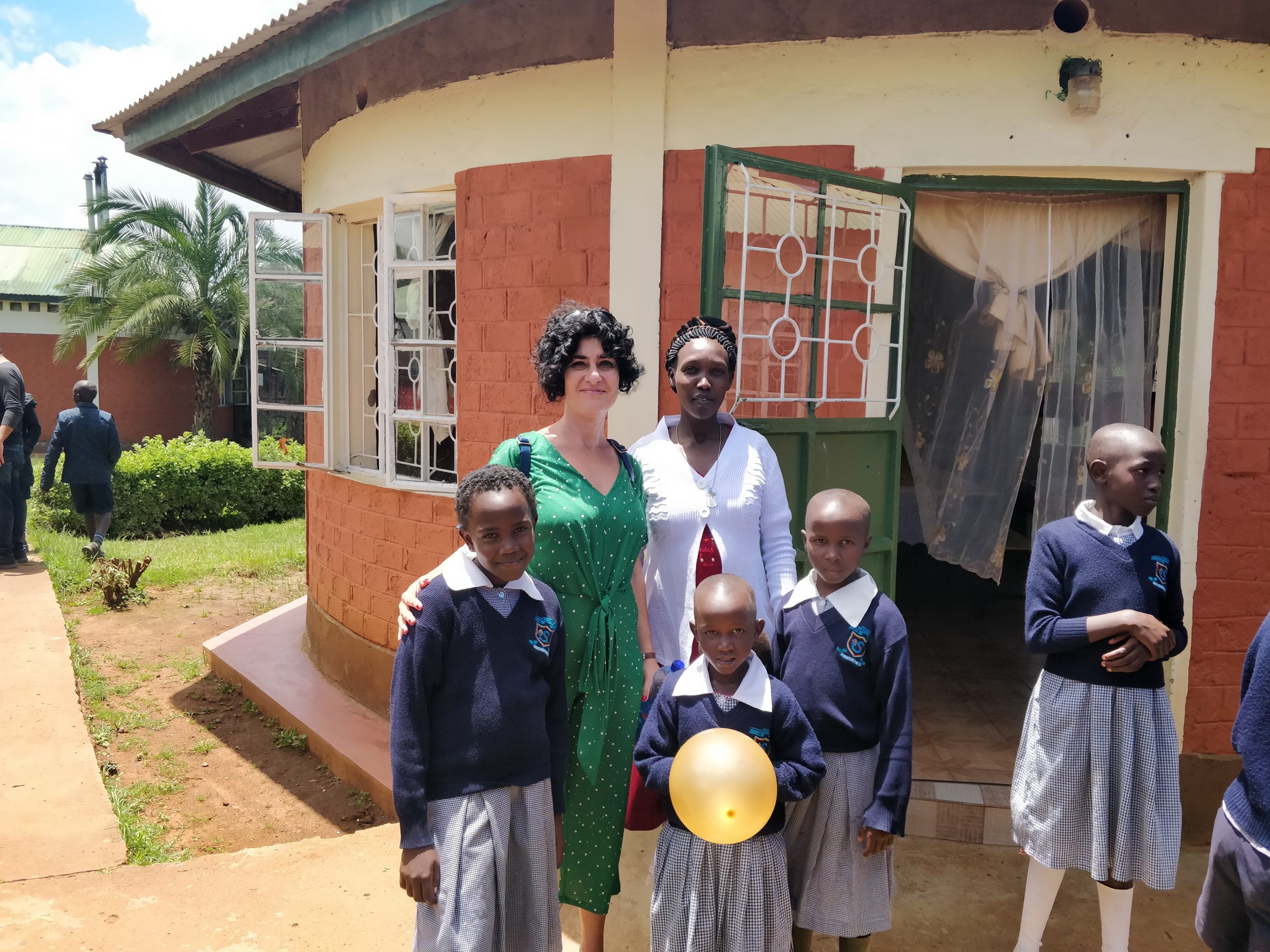Even though, Kenya is now recognized as a leader in ECD in sub- Saharan Africa, known for its large-scale national ECD program that caters for a wide cross-section of children from different socio-economic, cultural, and religious backgrounds, there are still immense challenges the country faces in providing quality early childhood education services to all its children.
NestingPlay in Kenya
NestingPlay’s first Early Childhood Development project in Kenya aims to build the capacities of professionals of early childhood education and care to provide quality pre-primary education and development services for all students, including those with special needs. The project will directly benefit 40 kindergarten teachers, both official and non-official, health care officers and parents and kindergarten children. The program includes a series of capacity building activities provided for kindergarten teachers, both official and non-official, health care providers and parents. In addition, a Parents Center will be established with the purpose of building community among parents and serving as a knowledge hub on early childhood education and care, run by mothers who received training in the NestingPlay approach, and further education and health issues. The project is implemented with a local partner organization in 2020-21.
Project objective
To build the capacities of Kenyan professionals of early childhood education and care to provide quality pre-primary education and development services for all students, including those with special needs.
Beneficiaries
- Direct beneficiaries: 40 kindergarten teachers, both official and non-official, health care officers and parents
- Ultimate beneficiaries: kindergarten children
Our geographic focus is in Webuye East, Bungoma North, and Tongaren sub-counties in Kenya.
Partners
Nestingplay has partnered with Core Health and Wealth International, AMPATH, the County Government of Bungoma, and the Ministry of Education.
Activities
The program includes a series of capacity building activities provided for kindergarten teachers, both official and non-official, health care providers and parents.
Capacity building for kindergarten teachers about:
- Child development phases: recognizing developmental delays, differences, or disorders
- The sequences of brain development: How to rewire the brain?
- Observing and understanding children with special needs and those yet undiagnosed, though showing atypical development traits
- Identifying the different categories of disability and neurological disorders, such as Autism Spectrum Disorder, Attention Deficit Hyperactive Disorder, etc.
- Understanding how physical and cognitive delays work? Support official and non-official teachers and parents to work with these children and to accept them.
- Understanding how Autism (ASD) works? Supporting the inclusion of children with ASD, supporting parents with ASD from diagnosis to acceptance, etc.
- Looking behind extreme behaviors: understanding the causes
- The importance of play and playing together for the child’s cognitive, motoric, social, and emotional development
- Practices for guiding free play among different children
- Guiding the development of critical skills and competencies essential for school start, such as visuo-motoric and graphomotor skills, vocabulary, and storytelling
- What does real inclusion in education mean? Building inclusive practices and school cultures
- Creating supporting nests or functioning partnerships around children, including parents, health care providers and teachers
Advising on transforming kindergarten rooms more welcoming for play together and sensory development, with special focus on
- Accessibility for children with different physical disabilities, vision impairment, etc.
- Equipping a sensory room with specially designed sensory tools for skill development, swings, fidget toys, musical instruments, sensory table, sensi-balls, etc.
- Designing a calming room or corner for children with Autism
- Designing an outdoor inclusive play area with sensory installations encouraging playing together for all children
Elaborating weekly sensory play activities tailor-made to the children’s given skills and competency levels. The NestingPlay Weekly Play activities are simple, joyful, and adaptable, and designed to improve the skill (cognitive, motoric, fine motoric, social, and emotional, etc.) deficiencies of the children. The play activities are structured based on skills to be developed, theme, age, and level of difficulty. The activities can be built into the existing curriculum and do not require additional effort from the teachers. The knowledge and the play activities will remain with the kindergartens, freely useable in their work of the upcoming years. Given that we show in practice to the kindergarten teachers, both formal and non-formal, the use of these activities, they can acquire the NestingPlay methodology by actually doing it.
Setting up a Parents Center with the purpose of building community among parents and serving as a knowledge hub on early childhood education and care, run by mothers who received training in the NestingPlay approach, and further education and health issues.

